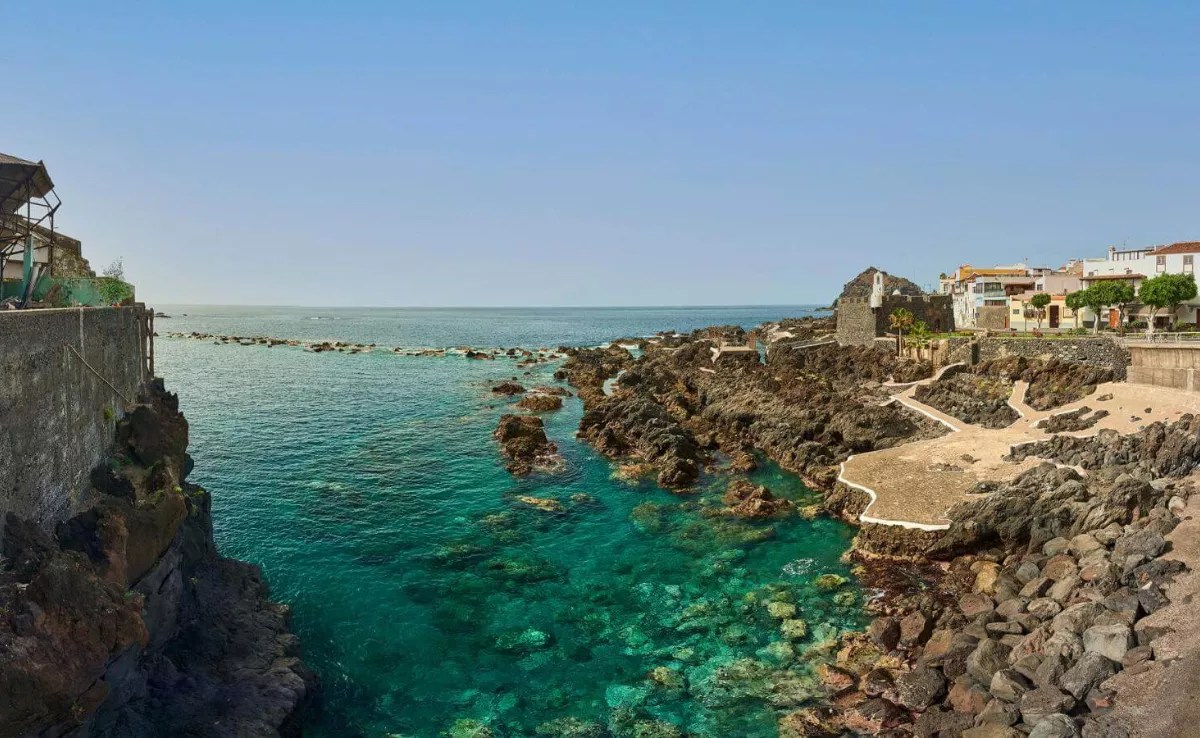The Professor of Public Health acknowledges that “there were no minutes” and admits he was unaware of a secondary management committee.
Santa Cruz de Tenerife, 24th Feb (Europa Press) –
The retired Public Health professor from the University of La Laguna (ULL) and member of the Scientific Committee during the last Legislative term in the Canary Islands, Antonio Sierra, stated on Monday that there was no “involvement” of the agency in the procurement of medical supplies throughout the pandemic.
During his testimony before the Investigation Commission of the Canary Islands Parliament, he diminished the scientific committee’s role to that of an “advisor” to the Canarian government in implementing measures to help mitigate and manage the pandemic.
He remarked that he had not even “colloquially” been informed about the procurement of materials and “never” queried anything, even through the media.
Sierra mentioned that he was appointed to the committee by the then Canarian President, Ángel Víctor Torres, and admitted that “there were no minutes,” although summaries existed, as “there was no agenda,” among other reasons, and that the invitation was initiated by José Julián Isturiz, the former head of Heritage and Procurement.
In this regard, he noted that the meetings, mostly conducted via videoconference, were quite frequent at the onset of the state of alarm, while he indicated he was unaware of a management committee composed of politicians and other high-ranking officials within the Regional Government.
“I am only now discovering that there was a management committee; I had no knowledge of it,” he elaborated, further highlighting that he was “never” informed about the reasons for the numerous changes in leadership at the Ministry of Health and the Canarian Health Service.
Moreover, he acknowledged that if the Management Committee wished to contact or propose anything to the scientific committee, they would do so through the coordinator, Conrado Domínguez.
Periods of “intense chaos”
He indicated that during the initial months of the state of alarm, “there was intense chaos,” noting that the primary task was to acquire scientific data on the virus, its mutations, and transmission methods.
It was unsurprising that he stated the supply of equipment was “chaotic” and that there was a “tremendous” strain on care resources, with “very critical moments” in the ICUs.
He has also appreciated that the policies enacted by the Regional Government were “appropriate” and aligned with the expert committee’s advice, citing that the Canary Islands had the lowest death rates among autonomous communities, without disregarding the potential positive impact of the islands’ geography and climate and the “excellent care” provided by the healthcare personnel.
Looking towards the future, he stated “nobody can prevent” the onset of another pandemic, as the Covid-19 outbreak was “sudden and unexpected,” characterised by a “crazy” virus which had no historical precedence and rapidly mutating with significant virulence and transmission capabilities.
“We must be prepared for the response required,” he explained, particularly concerning the availability of materials and the need for flexible stock to augment ICU capacity if necessary.
Regarding the operation of WHO, he expressed that he was “deeply disappointed” by their role during the pandemic, as they “did not provide any guidance” and there were even some “failures” due to “some of the principles they had established earlier.”
















